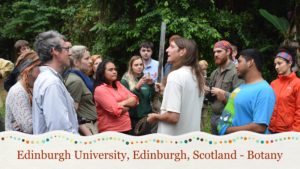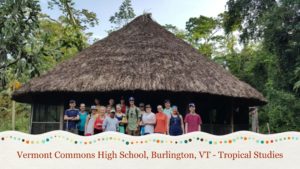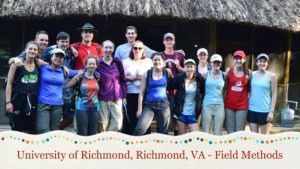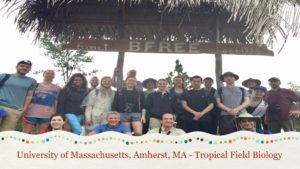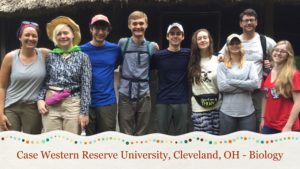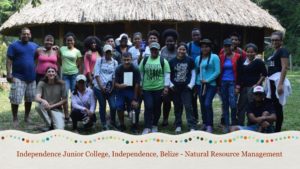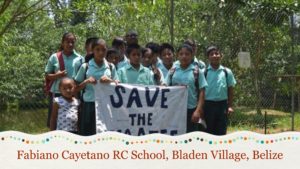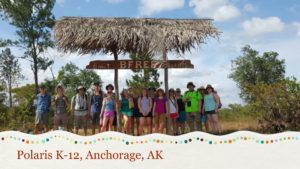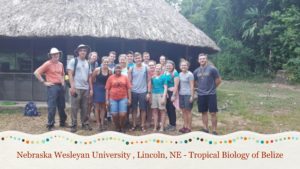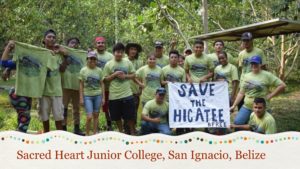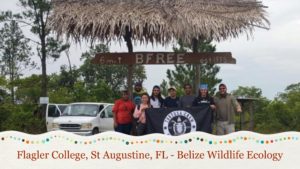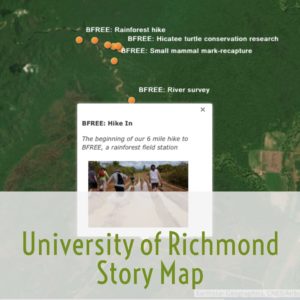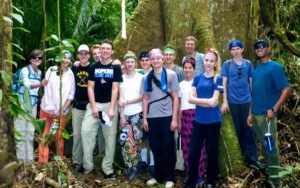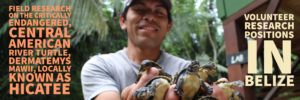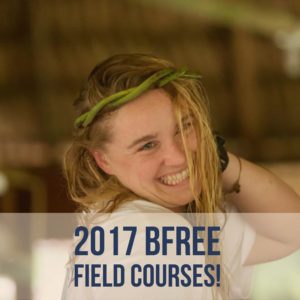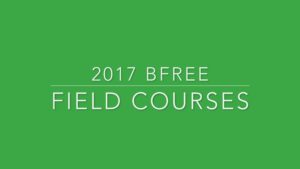Instagram Takeover featuring Kaitlin Elgrim
@BFREEBZ Instagram Takeover: Sharing Real Experiences from the People & Wildlife at BFREE
The BFREE Biological Research Station and privately protected area in southern Belize host numerous student study abroad courses, volunteers, researchers and scientist from around the world each year. Our remote location in the rainforest means our visitors must unplug from their devices and aren’t able to instantly share their experiences with the rest of the world. The @BFREEBZ Instagram Takeover: Sharing Real Experiences from the People & Wildlife at BFREE gives our visitors a chance to share their stories and photos once they have returned home and to bring us along as they reminisce on the good, bad and beautiful!
Learn about the real experiences, obstacles and adventures had by these visitors through the stories and photos they share directly to our account. Like their photos, ask them questions, follow along!
FEATURING KAITLIN ELGRIM!
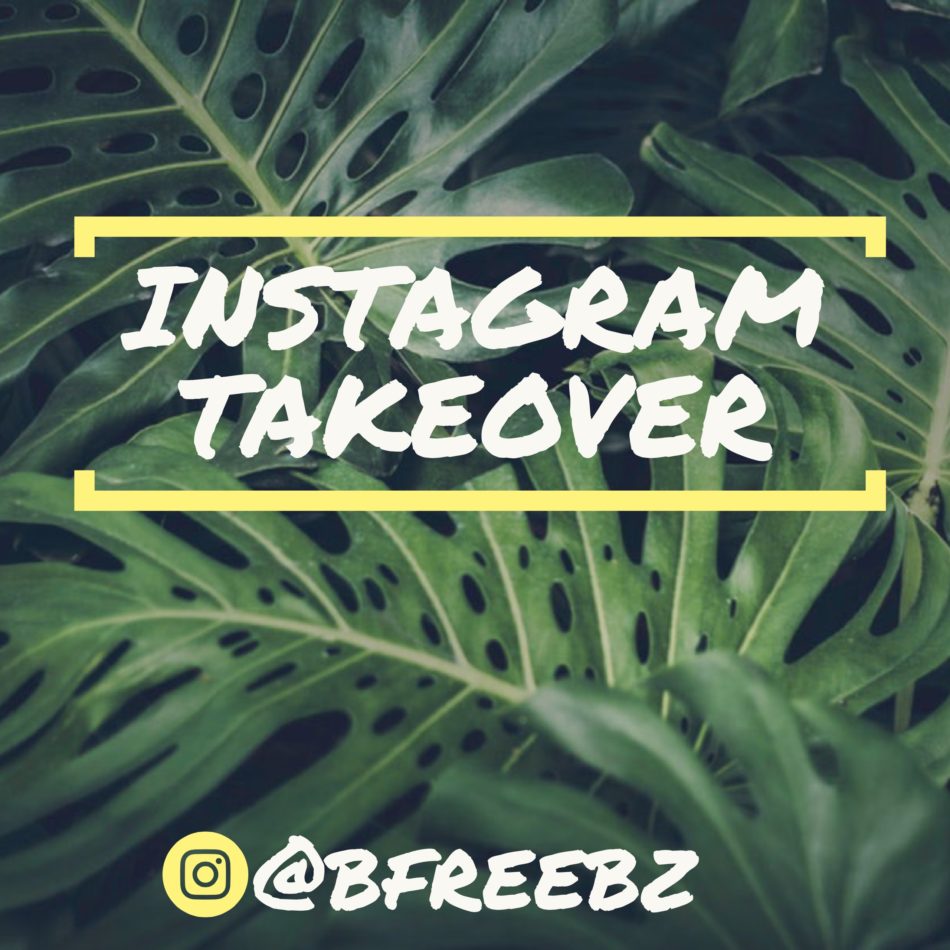
Kaitlin is an Ecology major at Sterling College in Vermont and hopes to work as a park ranger for the National Park Service after graduating.
Recently returning from her trip to Belize where her group visited BFREE for several days she has agreed to participate in our next Instagram Takeover.
We asked Kaitlin a few questions so we could all get to know her a bit better. Check out what she had to say about her time in Belize below and be sure to follow along on Instagram at @BFREEBZ beginning today to catch all of her photos until Friday!
- What was your favorite part about the trip and why?
Honestly, it is really hard to pick a favorite part the jungle is such a beautiful mysterious place but a few moments will be ingrained in my memory including when I found a very large wolf spider in the bunkhouse and my roommates and I was able to compose ourselves and got it safely outside. One of my favorite parts of the trip was when myself and a few classmates were walking back to the bunkhouse at night, and we saw a tapir. It was dark and hard to see, but we saw the eyes, and it was so cool and exciting. To confirm our sighting, we caught the tapir on our game cam that night.
- What did you learn while you were there and how do you hope to further use that knowledge?
I learned a lot about conservation when staying at BFREE. I enjoyed being able to hear the perspectives of the guides and how their family and communities understand conservation.
I would like to revisit Belize a few times to learn more about conservation efforts and ecotourism as well as to spend more time learning the plants of the area.
- Did you discover a new favorite animal or plant?
I think the tapir made a big impact on me as well as some of the amazing plants Belize has including the heliconia lobster claw. There were so many amazing plants! I think my head is still reeling from the sheer number of different things.
- What was the biggest personal learning outcome from your trip to Belize?
I was really surprised how conservation is so much more prevalent in the culture of Belize then it is in the US. It made me really excited to see that people were very knowledgeable of their surroundings and spent a lot of time in nature. Personally, I learned to not talk myself out of things I was nervous to climb the fire tower at BFREE so the first time I didn’t but I went back with Jaren (BFREE’s HCRC Fellow)and went all the way to the top, and it was amazing.
- What advice would you give a future visitor to BFREE?
I would tell them to make sure they bring an extra set of clothes I packed very minimally for the trip and regretted it when all of my clothes were wet. I would also say keep an open mind some things might seem scary but if you think about their ecological role they are actually awesome!
Thanks, Kaitlin! We can’t wait to learn even more about you and your time at BFREE during your @BFREEBZ Instagram Takeover from March 13-16, 2018!
Want to be our next Instagram Takeover participant, learn more below:
How it works: Starting on #TakeoverTuesday a selected participant will gain full access to the @BFREEBZ Instagram account. They will share for the rest of the week personal stories along with the photos they took while in Belize. Like their photos, ask them questions, and learn about the people and wildlife that make our special place in the rainforest so unique.
Want to participate: It’s easy! If you have traveled to BFREE and would like to share with our community your experiences through the photos you took, then send us an email and we will add you to the schedule! Email: contact@bfreebz.org

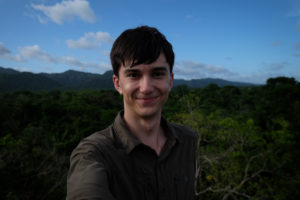 Parr McQueen, an undergraduate student at the University of Richmond traveled to Belize with BFREE earlier this year along with thirteen other classmates. The Field Course led by Dr. Amy Treonis and Dr. Kristine Grayson was focused on using experiential field methods to learn how scientists study the natural world.
Parr McQueen, an undergraduate student at the University of Richmond traveled to Belize with BFREE earlier this year along with thirteen other classmates. The Field Course led by Dr. Amy Treonis and Dr. Kristine Grayson was focused on using experiential field methods to learn how scientists study the natural world.